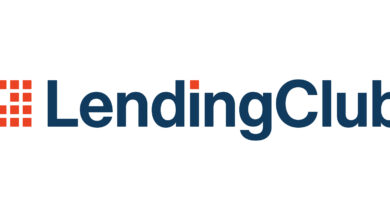Lithuania Fintech Sector Shows Steady Growth

Lithuania’s financial technology sector remains robust and forward-moving, affirming its place as a key hub for fintech innovation in Europe. A recent report by Invest Lithuania highlights the sector’s continued development in the country throughout 2023, despite a challenging economic landscape worldwide.
Even as global fintech funding has dipped to its lowest point in seven years, the Lithuanian sector has maintained its ability to attract investors. This resilience underscores Lithuania’s commitment to fostering a welcoming and supportive environment for financial technology companies.
An influx of investments
TransferGo, a global money transfer service with operations in London and Vilnius, recently announced a successful $10 million investment funding round, signaling future prospects of the sector.
Daumantas Dvilinskas, Co-Founder and CEO of TransferGo remarked on the achievement, stating, “This investment validates our mission to provide accessible financial services across the globe and reinforces Lithuania’s position as a thriving center for fintech.”
The sector has seen many similarly positive developments recently, with several enterprises securing significant funding. For example, the Lithuania-based HeavyFinance, a platform focused on providing sustainable financing solutions for the agricultural industry, recently raised a €50 million fund aimed at promoting sustainable practices. In a similar vein, Axiology’s recent €2 million funding announcement for establishing a fully functional compliance infrastructure further solidifies Lithuania’s presence in Europe’s fintech scene.
Drivers of Lithuania’s fintech success
As one of the top five revenue generators in Lithuania’s fintech sector, ConnectPay, a Vilnius-based all-in-one financial platform for online businesses, has an inside perspective on the country’s attractiveness as a fintech hub. Marius Galdikas, ConnectPay’s CEO, attributes the recent surge in investments within the Lithuanian fintech sector to a combination of factors beyond its welcoming regulatory framework.
Galdikas comments, “Lithuania’s strategic approach to nurturing fintech is not just about having a receptive regulatory environment, but also about the collaborative culture and the highly skilled talent pool that we enjoy here. Dialogue between marketplayers and institutions like the Bank of Lithuania, and the government’s clear vision for innovation are key elements that make this market attractive to investors and new entrants.”
Such support is exemplified by the Newcomer Programme, facilitated by the Bank of Lithuania, which offers guidance to new market participants, smoothing their entry into the sector. Additionally, the association Fintech Hub LT, where Galdikas serves as a board member, plays a pivotal role in the sector’s growth, promoting collaboration, sharing insights, and fostering a community that can proactively address upcoming challenges and opportunities.



